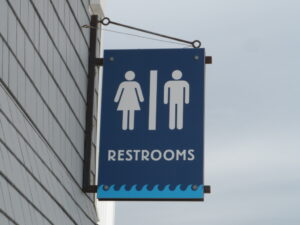“Does anybody need a digger? This is a digger, a big strong man, he’ll dig”
Those were the words spoken by an auctioneer at a slave trading event in Libya, where a dozen men were sold. African immigrants traveling across Libya en route to Europe via the Mediterranean Sea are captured and sold as slaves all over the country to work on farms and provide labor. Some are sold for as much as $400. It is unknown how many immigrants have been sold, but between 400,000 and one million immigrants are stuck in Libya.
“When you are working they will be beating you.” A rescue in a Libyan Detention Center said in a video to CNN. “They will be maltreating us.”
When the immigrants are rescued, they are brought to Detention Centers. These detention centers are clustered together in warehouses that provide little in the way of food, care, and comfortable shelter. The rescued immigrants face rape, torture, assault, starvation, and severe malnourishment at these Detention Centers. The reasons for these horrid conditions have to do with the fact that there is a lack of resources to take care of detainees and also simply a lack of care to do so.
“I feel like a dead person.” One immigrant said while describing the conditions. “You can’t shower. There’s no freedom or fresh air.”
When the Libyan government was informed of the slave trade occurring in their country, they said that they would launch a formal investigation into the allegations. However, the country has been in the midst of a Civil War since 2011. The solution may require international assistance, as traders all over Libya see the slave market as a lucrative business to make quick and easy money.
With help from the European Union and International Organization for Migration, over 600 immigrants have been able to return home. The African Unions hope to free 20,000 more. Although this is the case, little is known about the Libya Slave Trade Crisis, as access to information is difficult and locations of the auctions have been kept under tight lockdown. It is at least known that there are innocent people being captured, sold, or held in overflowing centers.
There are multiple ways to help with the Libya Slave Trade Crisis, despite our distant location. Support and donate to organizations such as the International Organization for Migration and the Free the Slaves organization, contact the government and U.N about the crisis, visit the slavery-free shopping guide on endslaverynow.com so no purchased items are made by slaves, and keep talking about this topic so that people can spread awareness and make sure this issue is not forgotten about.



